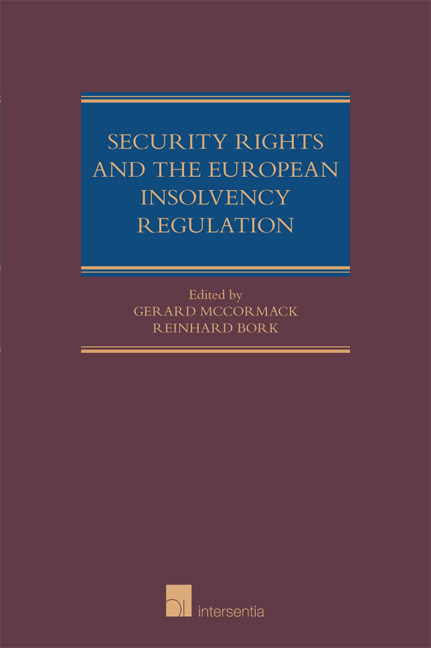Book contents
- Frontmatter
- Disclaimer
- Preface
- Contents
- Questionnaire
- Table of Cases
- Table of Abbreviations
- Part I Comparative Analysis
- Part II National Reports
- Chapter 5 Germanic Legal System – Germany and Austria
- Chapter 6 Common Law System – England and the Republic of Ireland
- Chapter 7 Roman Legal System – Spain, Italy and France
- Chapter 8 Central and Eastern European Systems – Hungary, Poland and Lithuania
- Index
- List of Authors
Chapter 8 - Central and Eastern European Systems – Hungary, Poland and Lithuania
from Part II - National Reports
Published online by Cambridge University Press: 21 September 2018
- Frontmatter
- Disclaimer
- Preface
- Contents
- Questionnaire
- Table of Cases
- Table of Abbreviations
- Part I Comparative Analysis
- Part II National Reports
- Chapter 5 Germanic Legal System – Germany and Austria
- Chapter 6 Common Law System – England and the Republic of Ireland
- Chapter 7 Roman Legal System – Spain, Italy and France
- Chapter 8 Central and Eastern European Systems – Hungary, Poland and Lithuania
- Index
- List of Authors
Summary
INTRODUCTION
The coverage of the report
This report adresses security rights and the avoidance of transactions from the perspective of a select number of national laws from the region of Central and Eastern Europe (CEE). The closure date for this Report was 30 March 2016, save the mention of the most important changes introduced by the June 2016 amendments of the 2013 Hugarian Civil Code.
Hungary is herein the legal system discussed in most detail though the coverage of Lithuanian and Polish laws will also provide the reader with a fair insight into their security and insolvency laws not limited to their idiosyncratic features. It is to be noted as well that this report is not a commentary of national laws. It rather aims to provide a fairly in-depth insight into the Region‘s laws but without commenting on each provision of the analysed laws. Consequently, consulting local laws and counsel is essential whenever the application of these laws comes into the picture.
Methodology caveats
As this project aimed to canvass not only the positive law (i.e. black-letter law in force) but also to collect information and indicia on how the targeted laws work in reality – in particular the EU Regulation 1346/2000 on Insolvency Proceedings – the following caveats in particular ought to be highlighted. Needless to say, much more is known about how national secured transactions and insolvency laws work in practice compared to their cross-border kin.
On a national level the frequent amendments or the substantial rewriting of law creates considerable uncertainty yet not just in terms of their practical application. Due to lack of understanding, inappropriate travaux preparatoires and the speed of change, omissions, imperfect draft ing and similar defects plague local laws, as a result of which it is oft en hard (or impossible) to provide proper answers even to questions that in other jurisdictions might be easy to answer. The reader therefore should not be puzzled that occasionally no crystal clear answers can be provided to some questions.
Although the number of publicised domestic court cases (or decisions/ positions of regulatory bodies) has been growing in all the countries in the region during the last decade or so, the relatively small number of available reported cases continues to be an obstacle for the researcher.
- Type
- Chapter
- Information
- Security Rights and the European Insolvency Regulation , pp. 571 - 692Publisher: IntersentiaPrint publication year: 2017



